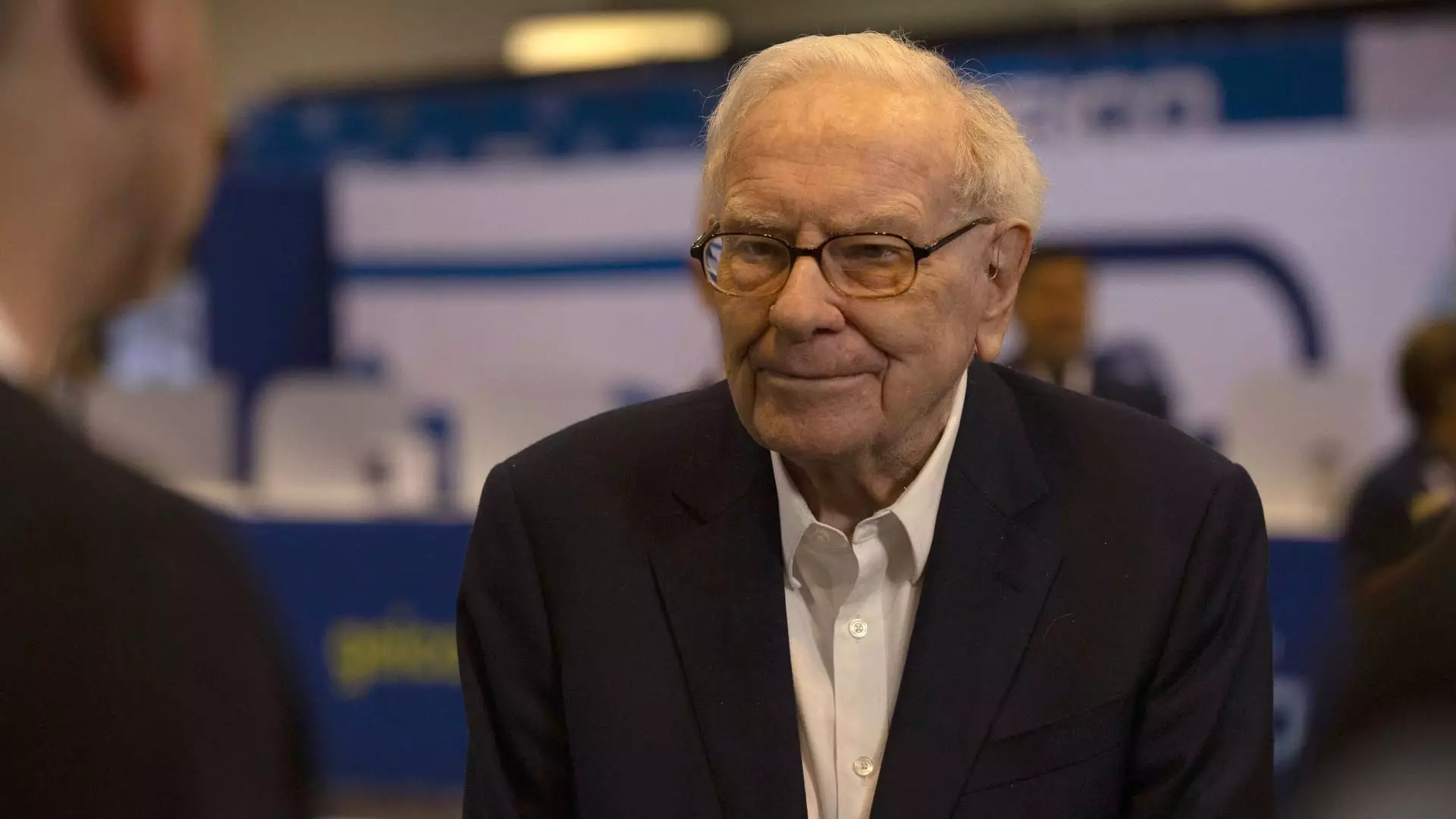In the recent financial landscape, Berkshire Hathaway has emerged as a notable entity, showcasing stark contrasts between its operating profits and net earnings. The company’s report for the fourth quarter provided a deeper insight into its operational strengths, particularly highlighting the insurance sector’s remarkable performance. This article aims to dissect the various components of Berkshire Hathaway’s financial report for the fourth quarter of 2024, exploring the implications of significant fluctuations in its profitability and cash management.
Berkshire Hathaway’s operating earnings reached an astounding $14.527 billion in the last quarter of 2024, marking a substantial 71% increase compared to the previous year. This surge can largely be attributed to the company’s insurance operations, which recorded a stunning 302% increase in underwriting income to $3.409 billion. Additionally, investment income from insurance activities rose nearly 50%, reaching $4.088 billion. Such impressive figures underpin the strength and stability of Berkshire’s diversified business model, which is primarily supported by its insurance subsidiaries like GEICO.
Warren Buffett, the firm’s CEO, acknowledged these gains, albeit with an air of caution. In his annual letter to shareholders, he noted that while 53% of their 189 operating businesses reported declines in earnings, the substantial growth in insurance profits and the significant rise in Treasury bill yields played a pivotal role in elevating overall performance. This duality within the earnings composition reflects not only Buffett’s skillful management but also emphasizes the inherent volatility of diverse sectors under the conglomerate’s umbrella.
Berkshire Hathaway’s cash reserves have reached unprecedented levels, closing 2024 with $334.2 billion, up from $325.2 billion at the third quarter’s end. This massive cash holding raises questions about Buffett’s strategy moving forward, especially given the economist-turned-investor’s historical aversion to retaining excessive liquidity. Buffett responded to concerns about this seemingly excessive cash position in his letter, asserting that the majority of the company’s capital remains invested in equities.
Despite a reduction in marketable equity investments—from $354 billion to $272 billion—Berkshire’s holdings in non-quoted controlled equities saw an uptick. This aligned with Buffett’s long-standing investment philosophy which emphasizes that long-term value creation comes primarily from equities rather than cash. His reassurance to shareholders indicates a deliberate strategy to retain cash while maintaining significant equity exposure, which could prove advantageous in a more favorable market environment.
While Q4 demonstrated remarkable results, external circumstances loom large. The company has cautioned shareholders regarding a projected $1.3 billion pre-tax loss from its insurance sector due to the devastating wildfires in Southern California. Such unforeseen events highlight the inherent risks in the insurance business and the broader impacts of environmental factors on financial performance.
Additionally, Berkshire’s investment strategy has seemingly shifted in 2024, as evidenced by the reduction of its stake in Apple. This strategic reorientation introduces an element of caution into what has historically been a strategy underscored by significant investment in tech assets. The reported investment gains slowed dramatically—from $29.093 billion in the previous year to just $5.167 billion, suggesting a more conservative approach to market volatility and the temptation to cash in on appreciated assets.
Berkshire Hathaway’s fourth-quarter results exemplify a year of contrasts. The remarkable rise in operating profits driven by the insurance segment stands in stark opposition to the downturn in total earnings and net investment gains. Emphasizing the importance of a diversified portfolio, Buffett’s reflections reveal an adaptive strategy in uncertain economic times, striving to balance liquidity management and judicious investment decisions.
As Berkshire Hathaway navigates the complexities of various industries, the agility demonstrated in adjusting investment strategies while maximizing returns on core operations will undoubtedly remain a focal point for stakeholders. Looking ahead, the company remains well-positioned to capitalize on opportunities that arise, as indicated by its formidable cash reserves and the resilience of its insurance business.

